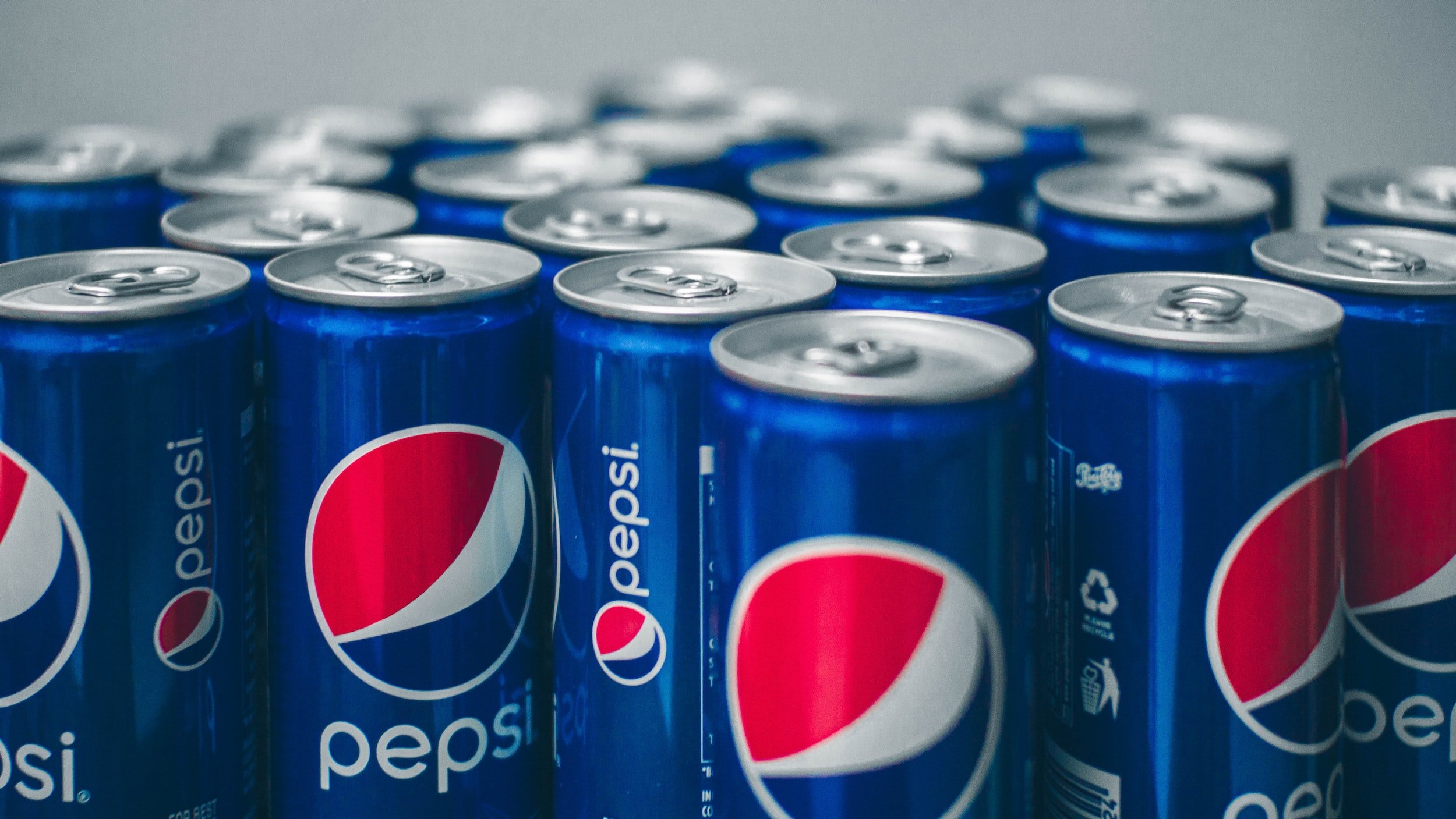Best-value country sourcing should consider more than just the cost
💰 Best-value country sourcing should consider more than just the cost.
While cost is an important factor, there are many other factors that can impact the overall value of a sourcing decision, such as lead time, quality, risk, and sustainability. For example, a country with low labor costs may seem like the best value option, but if the lead time is longer or the quality is lower, it may not provide the best overall value. Similarly, a country with high quality and short lead times may come with higher costs, but it may be worth the investment to reduce the risk of supply chain disruptions. Sustainability is also becoming an increasingly important factor in sourcing decisions, as companies look to reduce their environmental impact and meet the expectations of socially responsible consumers.
U.S. Treasury Secretary Janet Yellen recently wrapped up a series of meetings in China, where she firmly addressed the issue of Chinese overproduction and its impact on global markets.
The U.S. is ramping up defense industrial cooperation with Indo-Pacific partners like Japan, India, and others to bolster supply chain resilience amid threats, particularly from China.
Climate change is causing a major headache for global trade as an unprecedented drought in the Panama Canal disrupts container traffic.
Maersk is investing over $500 million to expand its supply chain infrastructure in Southeast Asia to support the region's growth as a global production and consumption hub.
The Asia-Pacific Economic Cooperation (APEC) summit in San Francisco drew leaders and CEOs, including Chinese President Xi Jinping and President Joe Biden, showcasing the city to the world.
A recent analysis conducted by Nikkei Asia and Tokyo’s Fronteo has revealed that nearly 40% of the suppliers for materials used in Tesla's batteries are Chinese companies.
OPEC+ decided to maintain its current production cut strategy after Saudi Arabia extended its unilateral cutback of 1 million barrels a day into September.
The United Nations-brokered Black Sea Grain Initiative, which has facilitated the safe export of 32 million metric tons of food from Ukraine, is set to expire on July 18.
The Global Port Tracker report indicates that import cargo volume at major container ports in the United States is expected to increase towards a peak in August.
U.S. joins high-risk countries for ESG supply chain issues, according to a study by Elevate.
GXO Logistics has unveiled a multiyear expansion plan in Germany, starting with the construction of a 387,000-square-foot warehouse in Dormagen, a key logistics market.
Labor fight at West Coast ports leads to ship congestion and rising commercial shipping prices, posing a risk of supply chain disruptions and potential shortages or higher prices.
The decrease in strains on global supply chains earlier this year led some to believe that the disruptions caused by the pandemic were coming to an end, but experts argue that a return to normal doesn't mean a return to conventional supply chain practices.
A report by PwC-owned Stretegy& suggests that the Gulf Cooperation Council (GCC) countries could become manufacturing hubs and attract $300 billion in foreign direct investment (FDI) by leveraging their ambitious plans for green energy.
After months of discussions and negotiations, the trade talks involving 14 countries are finally approaching an agreement regarding the crucial coordination of their supply chains.
Indian air freight forwarders are optimistic about the growing demand for aircraft-on-ground (AOG) and aero parts shipments as India's aerospace manufacturing sector expands.
North America is increasingly becoming a preferred location for manufacturers seeking greater security and flexibility in their supply chain.
India is encouraging companies looking to reduce their dependence on Chinese goods to source from its growing manufacturing sector, which it hopes will help make it a bigger player in global supply chains.
While it may not be “breaking” news to anyone, the DHL Global Connectedness Index 2022 is showing that the frayed ties between the two powerhouse nations only seem to be getting looser.
The relationship between PepsiCo and Astra Agro Lestari involved the sourcing of palm oil from the latter by the former.
The Director of National Intelligence says that China is already using its dominance of the supply chain as a weapon against the United States.
The ongoing trade tensions between the US and China, as well as the border disputes between India and China, have led to a push for diversification of supply chains and a search for alternative manufacturing destinations.
The shipping industry is exploring alternative fuels such as hydrogen, biofuels, and ammonia as a way to reduce greenhouse gas emissions.
Reshoring, or the trend of bringing manufacturing back to the home country or region from overseas, is gaining popularity among manufacturing companies for a variety of reasons.
Russia’s invasion of Ukraine celebrated its one-year anniversary last week, and the White House marked the occasion by announcing $2.7 billion in new duties on metals and raw materials from the country
While China still controls nearly 60% of the world‘s rare earth mining operations, the United States is looking to close the gap over the next decade.
There is a global battle over precious metals such as lithium, cobalt, nickel, and copper because they are critical components used in the manufacturing of batteries for electric vehicles, renewable energy systems, and electronic devices.
Known as “polycrises”, these refer to multiple, interconnected crises that occur simultaneously and have the potential to amplify each other, creating a complex and potentially catastrophic situation.
A well-designed supply chain network can help companies reduce costs by optimizing transportation routes, reducing inventory levels, and minimizing waste.































In recent times, the demand for ships has skyrocketed, pushing charter rates to unprecedented levels.